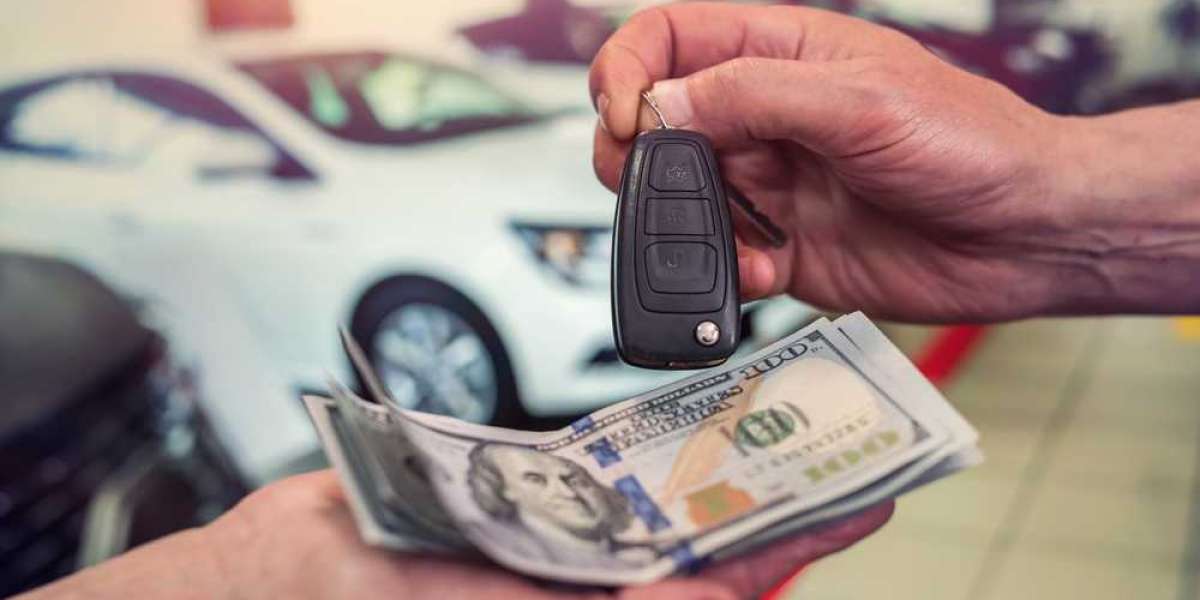When you hear the term salvage vehicle, you might picture a wrecked car sitting in someone’s backyard, collecting dust. But for many vehicle enthusiasts and part-time flippers, salvage vehicles provide potential for solid returns. The big question is: Can repairing and reselling a salvage car be a profitable venture? Let’s break it down.
What Exactly is a Salvage Car?
A salvage vehicle is a car that has been deemed a total loss by an insurance company. This mainly happens after a major accident, fire, flood, or theft recovery. Once written off, these vehicles are sold with salvage titles, often at auction, for a majorly reduced price.
Some of these vehicles still have solid frames and working engines, while others are better suited for junk car removal. Knowing the difference is essential to turning a profit.
Why Are People Interested in Salvage Cars?
The main appeal of salvage cars is their affordability. These cars can be acquired for a much lower cost compared to vehicles with clean titles. For experienced mechanics, hobbyists, or people with access to low-cost repairs and components, purchasing and fixing a salvage vehicle might lead to decent profits down the line.
In Tasmania, especially in regions such as Hobart, people are turning to local businesses that specialise in cash for cars Hobart and junk car removal. These services provide more than just disposal, they usually deal in salvage cars, either for components or for resale purposes.
How Profit is Possible?
Fixing and flipping a salvage car can be profitable, based on:
- The extent of the damage
- The cost and availability of replacement components
- Labour expenses (if you're outsourcing the work)
- Compliance with Tasmania’s vehicle safety and registration laws
If a salvage vehicle is fixed properly and passes all roadworthy inspections, it can be legally resold. The key is to make sure that the total repair and compliance expenses are still less than the final resale value. That's where the profit lies.
You can also reduce costs by sourcing parts from junk car removal yards. These places often have compatible components at a fraction of the usual price. And if your project doesn’t go as planned, cash for cars Hobart providers can help you recover part of your investment by buying the vehicle for recycling or parts.
Challenges and Considerations
Before diving into salvage car flipping, be aware of the common challenges:
- Hidden damage: A vehicle might seem fixable on the surface, but internal or structural problems can dramatically increase repair costs.
- Limited insurance options: Making sure of a car with a salvage history can be more expensive or restricted.
- Buyer hesitation: Several potential buyers are wary of cars with a salvage record, even if fully repaired.
- Legal requirements: You’ll be required to make sure that the car passes inspection and meets Tasmania’s legal standards before it can be registered again.
This is where services providing junk car removal in Hobart can be a safety net. If a project becomes unviable, you can still recoup some value without the stress of selling it yourself.
Role of Cash for Cars Hobart Services
Cash for cars Hobart services are not just for scrapping old or non-working vehicles. Many of these providers are interested in salvage cars, even ones that haven’t been repaired yet. They may buy them to part out or recycle, offering a convenient option if you decide not to go ahead with the repairs.
These services often include:
- Free vehicle removal
- Instant payment
- Environmentally responsible dismantling
- Help with paperwork like the notice of disposal
For people with limited time or expertise, using junk car removal services may be the most practical solution, even if the vehicle has some resale potential.
Tips for Making It Work
To increase your chances of success with a salvage vehicle:
- Inspect Carefully Before Purchasing – Whether you're buying from an auction or a private seller, conduct a thorough inspection or bring along someone experienced. Some damage might be too expensive to repair.
- Source Parts Affordably: Use local wreckers or junk car removal providers to find affordable spare parts.
- Know Local Regulations: In Tasmania, particularly around Hobart, you’ll need to follow strict rules for making a salvage car roadworthy again. Make sure you understand the process before you commit.
- Have a Backup Plan: If things don’t go as expected, don’t force a repair. Reach out to Cash for cars Hobart companies to get an offer and cut your losses.
- Track All Costs: Always document how much you’re spending on the vehicle, parts, labour, and compliance. This helps determine whether it’s worth selling or sending it off for junk car removal.
Conclusion
Fixing and reselling a salvage car can be a profitable venture—but only if approached with care and strategy. The automotive market in Hobart and across Tasmania has opportunities for those who understand vehicle repair and are willing to put in the work.
With smart decisions and help from junk car removal experts or cash for cars Hobart providers, you can minimise your risk and even turn what looks like a wreck into a win.








